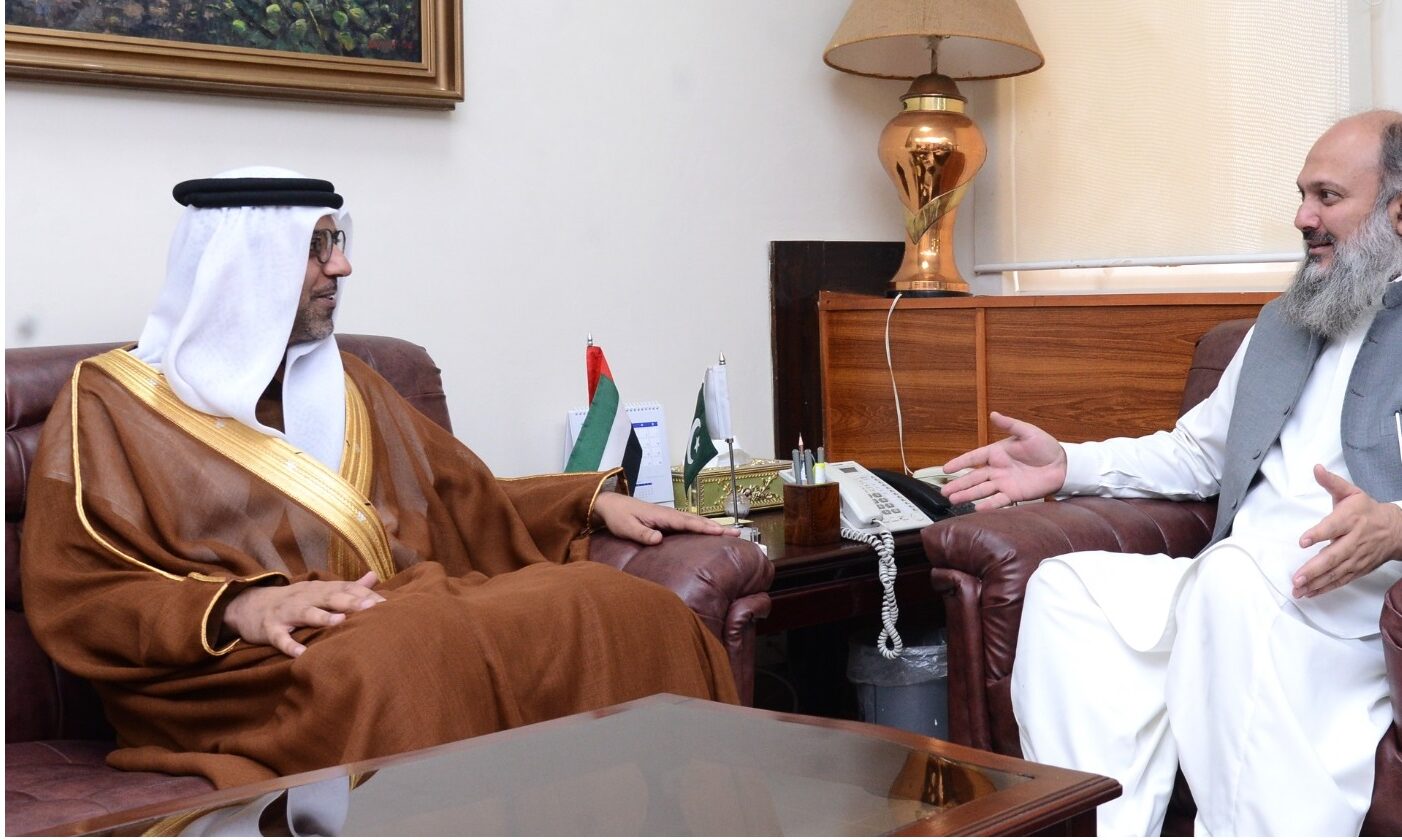New York, January 20, 2020
Gen. Bipin Rawat, chief of India’s defence staff — a new post created by Prime Minister Narendra Modi — made the suggestion about sending Kashmiris to deradicalization camps at an international affairs conference in New Delhi attended by government officials, foreign diplomats, business executives and scholars.
“Responding to a question on how to fight terrorism, the general said that in Kashmir, “Girls and boys as young as 10 and 12 are now being radicalized. These people can still be isolated from radicalization in a gradual way, but there are `people who have completely been radicalized.”
“These people need to be taken out separately, possibly taken into some deradicalization camps,” he was quoted as saying in the Times. “We’ve got deradicalization camps going on in our country.”
(The move by some countries to forcibly put dissenting people into â “deradicalization camps” has been described by some analysts as a new way to carry out a “cultural genocide”).
“It’s shocking he would even suggest this,” Siddiq Wahid, a Kashmiri historian who earned his PhD from Harvard, was quoted as saying by the Times. I don’
The newspaper point out that Kashmir has been mired in crisis for decades and this past year the Indian government upended decades of delicate, albeit flawed policies by unilaterally revoking the statehood of Jammu and Kashmir, the part of the region it controls. It sent in thousands of additional troops, arrested practically the entire intellectual class there, including elected representatives, business people and students, and shut down the internet.
“All of that was highly unexpected and is what makes Kashmiri intellectuals fear the general’s comments,” the Times said. They say that under the government of Prime Minister Narendra Modi, just about anything — however unbelievable just a few years ago — is possible.
The paper says;
Just last month, Modi’s government passed a highly divisive law that creates a special path for migrants to get Indian citizenship — if they are not Muslim. Outrage at the law sett off weeks of nationwide antigovernment protests, which are continuing.
Saket Gokhale, a civil rights activist in Mumbai, said this was the first he had ever heard of deradicalization camps inside India.
He said that in some areas where the security forces were battling armed groups, such as the Maoist belt in central India, the military ran deradicalization programmes including community visits and vocational training. But those were voluntary and did not involve confinement.
“There have been outreach programmes, but a deradicalization programme is very different from a deradicalization camp,”Gokhale said.
Wahid, the historian, said he was concerned about the
“Are we talking about summer camps or one-year camps where you strip people of their identity and rebuild them?” he asked.
General Rawat, a four-star general, has spent much of his career dealing with counterinsurgency operations in northeastern India and Kashmir, and has a history of using hard-nosed tactics, according to the Times.
In 2017, the paper point out, he gave an award to a major who had tied a young Kashmiri man to an army jeep and used him as a human shield against stone throwers.
“In fact, I wish these people, instead of throwing stones at us, were firing weapons at us,” the general said in an interview at the time. “Then I would have been happy.”
If the demonstrators had been wielding guns, the general said, then he could have done what he wanted to do, according to Indian news reports.
Many Kashmiri intellectuals denied that Kashmir had a radicalization problem, at least not a religious radicalization problem, it said.
Noor Ahmad Baba, a professor of political science at Central University of Kashmir, who has studied patterns of radicalization, said India was trying to crush all political dissent.
“Kashmir is a political issue — it needs a political resollution, not deradicalization camps,” he said. “And where is the radicalization?”
“The general should understand that such statements are extra-constitutional and he should speak cautiously,” Professor Baba added. “Even thinking of a deradicalization camp is a dangerous precedent.”
“It is not compatible with the democratic setup,” he said.









